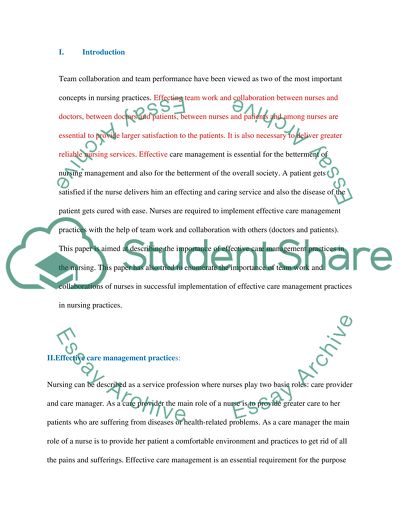Cite this document
(“The importance of effective care management practices in the nursing Essay”, n.d.)
Retrieved from https://studentshare.org/nursing/1394652-the-importance-of-effective-care-management-practices-in-the-nursing
Retrieved from https://studentshare.org/nursing/1394652-the-importance-of-effective-care-management-practices-in-the-nursing
(The Importance of Effective Care Management Practices in the Nursing Essay)
https://studentshare.org/nursing/1394652-the-importance-of-effective-care-management-practices-in-the-nursing.
https://studentshare.org/nursing/1394652-the-importance-of-effective-care-management-practices-in-the-nursing.
“The Importance of Effective Care Management Practices in the Nursing Essay”, n.d. https://studentshare.org/nursing/1394652-the-importance-of-effective-care-management-practices-in-the-nursing.


